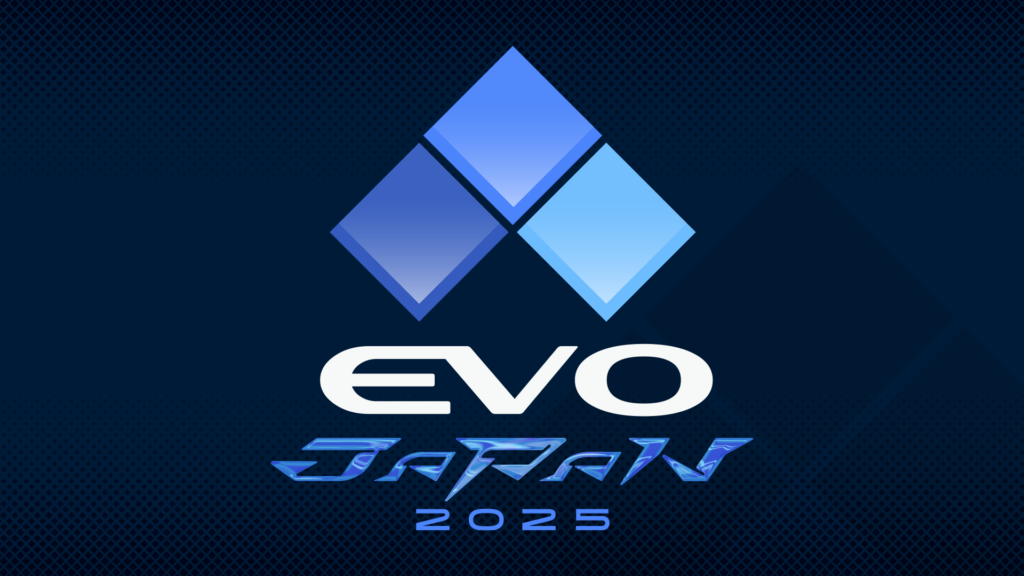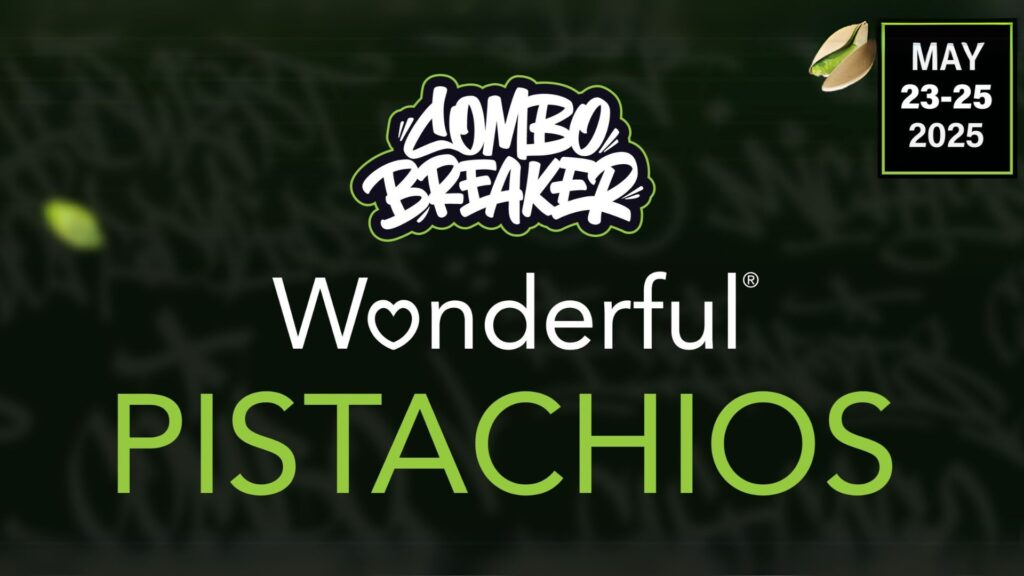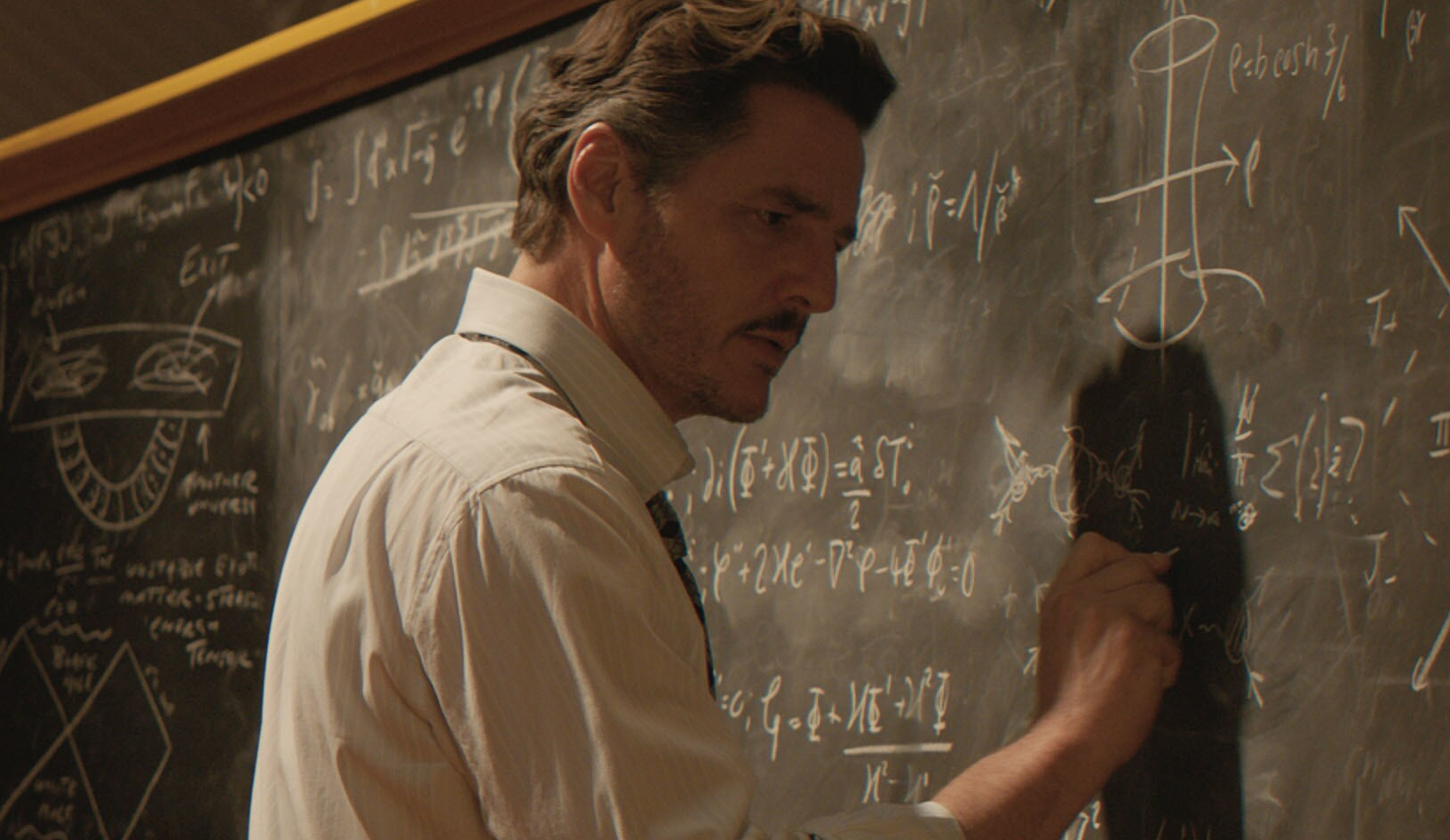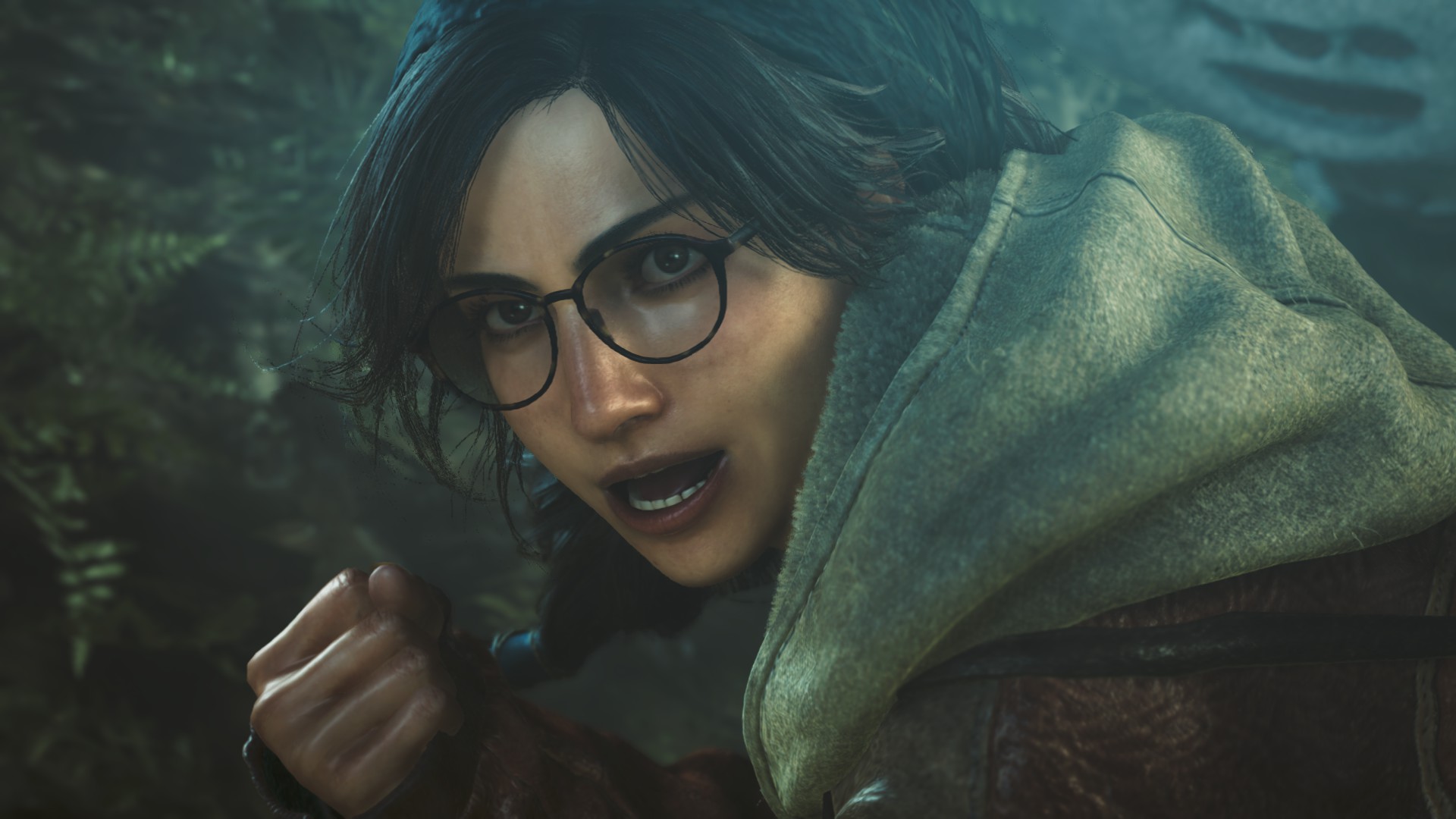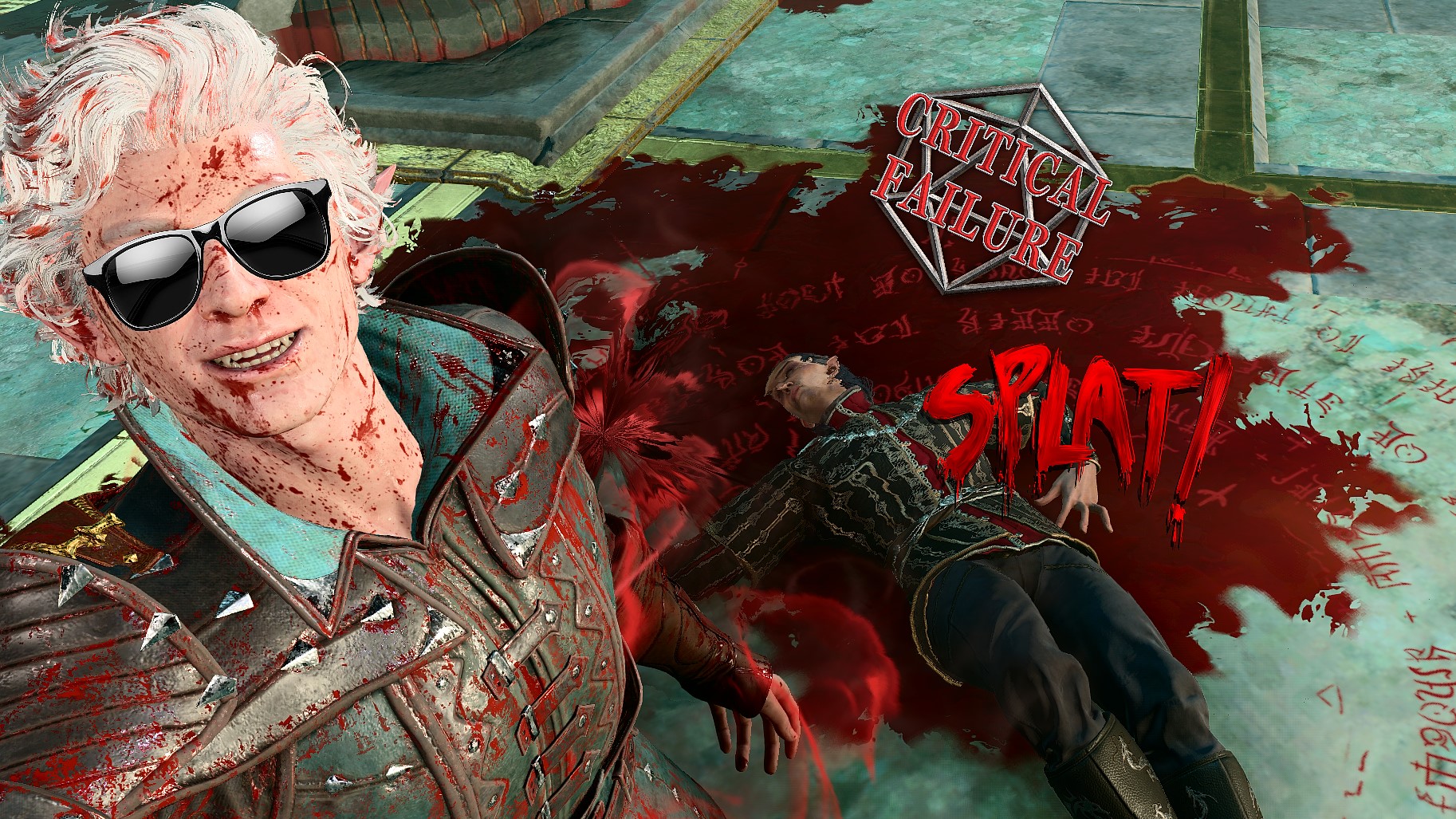
GMT Esports aren’t the biggest name in esports, but with a fifth place finish at the ALGS 2022 Championship, the team was put on the map. But as an organization only a year and a half old, there’s just not much information out there on this exciting and up-and-coming team.
Esports.gg had a chance to sit down and talk to with Ogtay “OGGiE” Gasimzada, the CEO and Founder of GMT Esports. He shared with us the story of the org, from its humble beginnings, to their Cinderella story at the ALGS Championship that saw the team go from barely being able to practice, to winning the first round of the Grand Finals.
GMT’s CEO on how GMT began
When Gasimzada started the organization that would become GMT, he didn’t initially think about esports: “It was a very interesting experience when we actually started. So we actually created a big computer cafe, with more than 100 seats.”
There was nothing like it in the rest of Azerbaijan. “We knew that there was going to be high demand. Because we got some of the most top notch computers at that time, you know? 2080s just came out, and we had quite sophisticated PCs. And the quality was much, much better than any of our competitors. So we knew the demand was going to be there.”
But before the organisation could even get started there were roadblocks. “We opened it simply from the business perspective, and it went very well. But unfortunately, COVID hits like two months right after we actually opened the place. But in the meantime, while I was there, I actually started to get introduced to a lot of esports talents from our region. And that was when we actually started thinking about creating our first team.”
GMT has deep roots in Azerbaijan, and the org wants to keep those connections (Image via Encyclopedia Britannica)
So what’s the Azerbaijani esports scene even like if starting a team seemed like a good idea? “To be honest, eSports is not is not developed at all back at home. And the only games we play are CS:GO, Dota, and a lot of mobile games. So we have a quite good team in PUBG mobile. They’re the best in the country, we’ve been performing very well, in a couple of different tournaments.”
Obviously, GMT’s CEO believes the potential is there. “This is something that I’ve been working very hard, personally as well, to develop the industry there. And I think the success that GMT is seeing right now is paving the way to that future success and then creating that esport culture within the country.”
But Azerbaijani esports faces an issue that many other countries around the world do: Most of their gamers’ main platform is mobile. “The talent is there. Unfortunately, most of our talent is currently in mobile games. For a couple of reasons. First one is the accessibility of phones in general, they cost much less and in our region it’s more affordable to get a phone and start playing a game on the phone than investing money into a computer. That will cost you from $3000 to $5,000 and that will need to be updated regularly to keep up with the development of games. So most of the scene is in mobile games.“
But a focus on mobile gaming isn’t the only thing going against them. “Partly the reason is because of the accessibility and second is infrastructure. Unfortunately, the ping to Europe is quite bad, it ranges from from 80 to 100ms. Which is not ideal for a competitive kind of environment. So you will often see that our players are at a huge disadvantage when it comes to games like CSGO, Valorant, most of the FPS games we’re playing where ping actually plays a huge role.”
“That’s where you can see that our players are at a disadvantage, because they cannot perform at the levels they are supposed to perform. And that brings, you know, another layer of uncertainty. You know, players don’t feel comfortable, they don’t feel confident about themselves. And that’s why the scene just is very, very slow to develop. But the talent is there, the talent is there, I truly believe it.”
“It’s all about setting up the industry, the infrastructure, and then driving people to become talents and then and then yeah, get from there.”
Why Guardians of Maiden Tower?
With one of the best primers you can get for Azerbaijani esports, there was one big question we had for GMT’S CEO. Why was the team called Guardians of the Maiden Tower? “So initially we started as Fire Nation, the CSGO team, we actually went as Fire Nation, then we moved to GMT. That was when we actually tried to scale this thing up and actually make it more international. GMT stands for Guardians of the Maiden Tower, as you said. And the Maiden Tower is a monument located in the heart of Baku, the capital of Azerbaijan.”
The eponymous Maiden Tower in Baku (Image via Pixabay)
This name, with links to the heart of the capital, is all tied to GMT’s commitment to the Azerbaijani esports scene. “Coming back to the question of you know, developing the infrastructure, developing the culture of eSports in the country, I knew that one day GMT is going to be successful. I truly believed it to this date. I think we’ve come so far as an org that is only a year and a half old. But the name basically just ties us back to the roots, back to Azerbaijan. I really hope that one day we’ll be able to win big tournaments, andwidely represent the country. And then in turn, you know, developing the industry showing that, you know, our talent, our people are also able to get to the majors and actually win the events”
“So that was basically why we actually call this the Guardians of the Maiden Tower. It’s to tie back to Azerbaijan and have as much cultural connection in it. So it’s like a mix of Middle Eastern culture with the European and Western development. That was, that was initially the idea behind it.”
Signing GMT’s Apex team
GMT’s performance at ALGS Championships was perhaps the pinnacle of the organization’s success so far. After a dismal opening that saw them fall to the lower bracket, the team fought back to the Grand Finals. But why did a relatively newer organisation choose Apex as one of their games over something else?
“I think in general, it all comes to taking the opportunity that is right in front of you, and what’s on the table. We got very lucky with the boys because they just got out of their contracts with another esports org. I’m talking about Gnaske, SirDel, and Badoli. At that time, when we picked them up, they had huge success. I was very unsure why they were a free agent team. And, you know, when, when, when we got to negotiate with them, I was like, “Oh?” It was a bit uncertain as to what’s going on because, you know, these things don’t come for free in a way. But this opportunity actually came.”
(Image via ALGS)
Signing players of that level was no small feat for GMT. So often organizations are one-and-done, and Ogtay was aware of that: “We are a small org. No one knows about us. There is not much we can give to the players. No one is confident, the team has no reputation. You know, and nowadays, the industry is full of like one-day-type of organisations that are there for a day, they lose a tournament and they just disappear for the foreseeable future. This is something that happens rather, rather often.”
And the signing didn’t come without scepticism: “We feel very fortunate to be able to get to sign the boys. And, you know, to say that they were sceptical about signing with us is to say nothing. They were extremely sceptical. They were unsure about “what is GMT?” You know, where else do you hear in a sports organisation from Azerbaijan?” Ultimately the team did sign, and the rest is history.
GMT’s CEO on the ALGS Championship
The ALGS Championship couldn’t have started worse for GMT. With Maksym “Max-Strafe” Stadniuk once again unable to participate due to the ongoing war in Ukraine, sub Rasmus “maydeelol” Zettergren had to step up. Then to make things worse, the practice conditions were not ideal. And just to compound things, maydeelol tested positive for Covid just days before the event. How was that for GMT’s CEO? “Stressful, it was extremely stressful.”
Gasimzada was stuck in Geneva, dealing with messages from the previous evening that would arrive the moment he would wake up. “The moment I wake up, they go to bed. The moment they wake up, I go to bed. So the first thing is that we’re all stressed because it’s a huge flight. Last time one of our players, I think last time he travelled to Stockholm, his luggage got lost and his plane was rescheduled a couple of times. So we were anticipating a lot of problems while travelling. Actually turned out to be very well we travelled safely”
GMT’s Max-Strafe has been unable to compete with his team due to difficulties leaving Ukraine
But things quickly went south: “The boys travelled to the US, first thing, they go to the bootcamp. First message I received is “guys there are children playing Minecraft running around dancing fortnight dances” and generally you cannot practice, you cannot scrim for $2 million event in this way.”
“So the boys moved to another boot camp and the other boot camp was a bit better. But the PCs were not good because there were some problems with that. I think I think the I think the company was fine I’m going farming cryptocurrency while while the boys were practising on the on the computer so you can imagine that unfortunately the the FPS was dropping by a lot so to say that the boys have entered championship without any proper practice prior to the actual events. That is to say nothing, they did not have a single day of proper practice.”
Ogtay travelled to the US, only to find his team now missing their substitute, who’d tested positive for Covid. Fortunately, their Covid-sub RamBeau was available… but he’d been drinking the night before. “I frantically called Rambeau. Rambeau was drinking with everyone at the at the hotel the night before. So he is he is hanging over you know, it’s insane. You know, the situations are crazy. And I’m sitting there from the perspective of the CEO like ‘what went wrong? What did I do so wrong throughout this throughout the build up? That we have so many issues and so many problems?’”
But from hungover to hero, Rambeau proved to be the missing piece GMT needed. “He provided the vibe, provided the hype, he gave confidence to Gnaske. Gnaske overperformed. It was amazing. We did start slightly slower. We didn’t go through the winner’s bracket, we had to fight our way to the loser’s bracket. But you know, it gave us more time. It gave the boys more time to get used to to play with each other. And at the finals, you know, that was the peak that was when they felt the best and you know, we performed so well, the old stress it kind of you know, it kind of faded away when we got fifth place”
But with the result, came an enormous amount of pride. “I’m extremely, extremely proud. To participate in an event of such calibre, and as an organisation that is that is, again, just one and a half years old, already, I’m quite proud. I was already quite proud just to qualify for this event. It was it was amazing from the moment from the moment it all started then the next layer added when I saw a live audience seeing live audience chanting GMT.”
“That was probably the biggest highlight of the event for me at least, you know, we were an irrelevant organisation before the Championship. If people knew about us because they knew they knew the boys and Apex legends, you know? They made a name for themselves well before us. But no one knew what GMT is, right? We come in all we hear is TSM. All we hear is NRG, or we hear all the big orgs being chanted by the audience. And then and then after the first round when Gnaske was extremely hyped up, all you could hear is “GMT!”
“You know what too? That was the proudest moment of experience. Since the day of the creation of the organisation, you cannot imagine how happy I was. You know, inside, I was crying from happiness, to be honest. And then getting the fifth place winning the first game of of the finals. Yeah, that will really put us on the map.”
Asking the CEO: What’s next for GMT Esports?
With the success you’ve had in ALGS, we wanted to know how GMT plans to convert that success in-game into success in businesses and esports. “Now, we are on the wave pretty much. And the worst thing we can do at this very moment is not capitalising on amount of engagement that we got throughout the past couple of weeks. For me, my theory, and this is something that we’ve been discussing internally with the with the team that is working behind the scenes, I would prefer to get fifth place but still be able to generate a lot of engagement, especially for an org of our size, than get first place but do absolutely nothing with it.”
“I would prefer to get fifth place but still be able to generate a lot of engagement, especially for an org of our size, than get first place but do absolutely nothing with it.”
GMT OGGiE on capitalizing on success
“I think coming off from fifth place, we did much more than some of the organizations that actually performed much better than we did. Right now we’re working on expanding our content creator team. Hopefully by the time this interview comes out there is going to be an announcement of a new content creator that we’re going to be signing from NA. Then we’re expanding our behind the scenes team to accommodate for the growth that the boys have had.”
We pushed the GMT CEO to reveal any of the specific goals the organization had in mind for the coming year: “One of the things we’re trying to do right now is to move our headquarters to Europe. Because I’m living in Geneva in Switzerland, for me, it’s going to be much easier to be able to control things from here than from back home. We’re still going to keep the cultural and national ties, but we want to move to Europe to be able to access European markets. So that is one of the goals that we’re trying to achieve in the next couple of months.”
“Plus attracting talent, expanding our content creation team. That’s another goal of ours, we are on the way to launch our merchandise, and I think this is going to be a huge factor.”
But OGGiE was tight-lipped on some details. “I cannot show all the cards at this very moment, unfortunately, no matter how much I want to do that. But yeah, the goal is pretty much short to roll out our merchandise to have the first first release, expand our content creation team. And, you know, entering European markets by incorporating GMT esports in Europe!”
We ended the interview with Ogtay giving a message to all the GMT fans: “Yeah, I want to say a huge thank you to all the old fans and the new fans that we’re getting. They’re the reason why we were able to perform on such an extraordinary level during ALGs was because of the fans. There, their chants, their presence, the fact that the boys were able to experience giving autographs for the first time that was fueling them up throughout the tournament. They realised that they are now known, that they are recognized, that people know that they are professional esport players. That provides a lot of confidence, that provides a lot of enthusiasm. “
“This is the reason why I initially started this organization. This is the reason why we are going strong after two years. And we’re going strong because we want to make sure that our fans are happy, and that they don’t get disappointed.”
To keep up to date with all thing’s GMT Esports, make sure you’re following their Twitter, YouTube, VK, or Facebook. Or head directly to the source, at GMT.gg!

